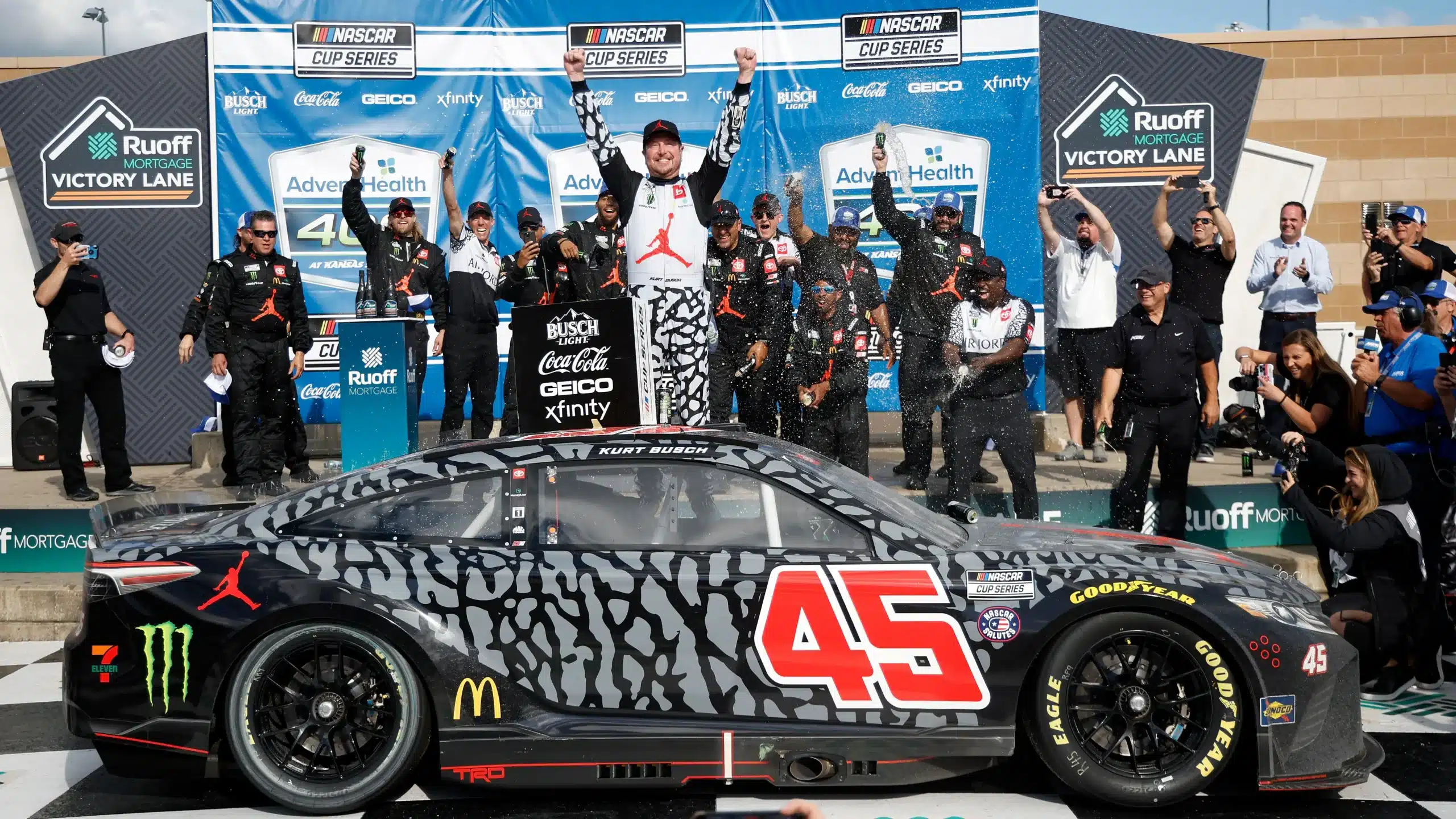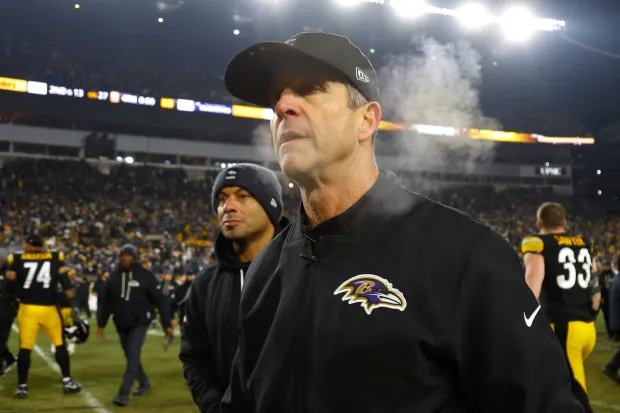CHARLOTTE, N.C. (Aug. 19, 2025) – NASCAR issued a forceful rebuttal late Monday night in its ongoing legal battle with 23XI Racing and Front Row Motorsports, arguing that Michael Jordan’s team is seeking a permanent charter arrangement that no other organization in the sport enjoys. The latest filing underscores NASCAR’s stance that the two teams willingly forfeited their rights by not signing charter extensions and have suffered no material harm while competing as “open” entries.
NASCAR’s Latest Arguments
In a 34-page filing, NASCAR asserted that it has interested buyers for the six charters previously held by 23XI and Front Row, and is prepared to reallocate them immediately should the federal court allow. The filing comes as both sides brace for an Aug. 28 hearing before U.S. District Judge Kenneth Bell, who will determine whether the two teams will regain chartered status for the remaining 11 races of the season.
“Mr. Jordan has said he wants to use the litigation to grant him a permanent charter that no other team has,” NASCAR wrote in its latest response.
NASCAR also requested that the two teams return all money they were paid while temporarily recognized as chartered entries this season, with the funds redistributed among the 30 teams that did sign charter agreements through 2031.
Charter System at the Center of Dispute
The lawsuit stems from NASCAR’s charter system, introduced in 2016 to provide financial stability and guarantee starting spots for 36 cars in each 40-car field. Charters are effectively franchise licenses, giving teams greater value and equity. All but two organizations – 23XI Racing, co-owned by Jordan and three-time Daytona 500 winner Denny Hamlin, and Front Row Motorsports, owned by Bob Jenkins – signed extensions earlier this year.
While most teams sought permanent charters during negotiations, NASCAR refused, offering only extensions through 2031. The holdout teams subsequently filed an antitrust lawsuit arguing NASCAR’s model creates a monopoly. Initially, they won a temporary injunction granting charter recognition, but the decision was overturned, leaving both organizations to compete as “open” entries.
NASCAR: No Harm Done
NASCAR emphasized in its filing that neither team has been damaged by losing charter status. The sanctioning body noted that rule changes implemented in July ensure that the six “open” cars are protected from missing races, eliminating the risk of failing to qualify.
Additionally, NASCAR argued that drivers and sponsors have remained committed despite the charter uncertainty. Tyler Reddick’s contract with 23XI, for example, allows him to leave if his team lacks a charter, yet he has stayed.
“Plaintiffs’ theoretical inability to obtain charters post-trial does not justify NASCAR from selling or transferring charters,” the series stated. “Plaintiffs do not have charters now because of their own strategic choice.”
Financial Structure Defended
Another focal point of NASCAR’s argument centers on team compensation. The series noted that its payout structure has significantly improved since the charter system was introduced. Teams saw a 28% increase in 2016 and another 62% increase in 2025. NASCAR further claimed that its revenue-sharing system pays teams a greater percentage than even Formula 1, countering accusations of monopolistic control.
“Plaintiffs ignore the pay raises the teams received,” NASCAR’s filing said. “Instead, they focus on a text during negotiations that described one draft as containing ‘zero wins’ for teams. But the reality is that the 2025 charter agreement provided a massive pay increase and additional protections for investors.”
What’s Next
With a Dec. 1 trial date looming, the dispute over charters represents one of the most significant legal challenges in NASCAR’s modern history. At stake is the financial and competitive future of Jordan’s 23XI Racing and Front Row Motorsports, as well as the precedent for how NASCAR governs its relationship with teams.
For now, both sides remain entrenched. NASCAR appears ready to reallocate charters and move forward under its 2031 extension framework, while 23XI and Front Row continue to push for a system that provides teams permanent equity in the sport.
The Aug. 28 hearing will be a critical step in determining whether the holdout organizations regain chartered status for the remainder of 2025 – or whether NASCAR moves ahead with new buyers eager to join the field.




